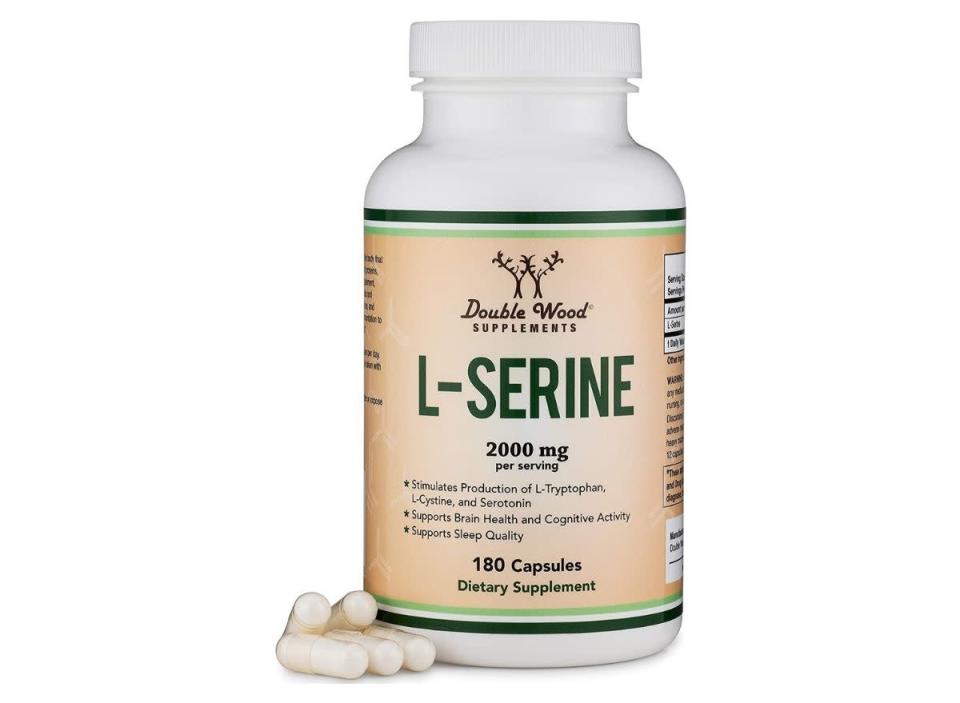Along with keeping up with healthy daily habits, sometimes in an attempt to help our bodies steer clear of the unwanted disease in the later years of our lives, doctors recommend taking a set of supplements for our health. However, a recent study found that the dietary supplement L-serine, an essential compound that influences brain functionality, may cause a cognitive decline in some adults.
L-serine is a naturally occurring amino acid that is made up within the body and is most necessary for producing Phosphatidylserine, or in other words, the main component that forms the membrane of brain cells (also known as neurons). There is one specific enzyme that is responsible for creating our body’s natural serine levels, it’s called PHGDH.

Research in the Cell Metabolism reported that increasing one’s serine levels (especially through a supplement) may end up contributing to Alzheimer’s disease and dementia. Head researcher Xu Chen and his team gathered genetic samples from the brains (post-mortem) of four groups, made up of 40 to 50 people ages 50 and older. The groups that were researched included patients with Alzheimer’s, subjects who showed early signs of Alzheimer’s-related signs, and people with healthy brains.
This study found that both the Alzheimer’s patients and people with early signs of Alzheimer’s showed an increase in PHGDH, compared to the subjects with healthy brains. Not only that, but the Alzheimer’s patients’ PHGDH levels became even higher as their condition worsened, and researchers equated these high PHGDH results to overstimulation within the brain caused by too much serine.
An extreme amount of stress on the brain (from overstimulation) can lead to a decreased number of neurons in the brain, and researchers believe that a metabolic-like cycle occurs to make up for the loss in brain activity. The body continues to create more and more PHGDH to increase serine levels and healthy brain cells. Unfortunately, when there is too much PHGDH in the brain, there is too much stress on the brain, and neurons/brain cells continue to die. The cycle repeats due to the brain trying to restore balance.
Sign up for our newsletter!
While this study is new, there have been other opposing research done on the contrary. For example, another study in Cell Metabolism back in 2020 claimed that many Alzheimer’s patients similarly had lower levels of PHGDH in their brains. The study supported the use of L-serine supplementation because serine is a key component of the body’s neuronal receptors—which control brain function.
Other studies and clinical trials have found L-serine to be a neuroprotective agent for a number of other neurological diseases and conditions (other than Alzheimer’s), according to Frontiers. The supplement has been seen to have a therapeutic effect on epilepsy, schizophrenia, and psychosis.
Overall, if you’re looking into supplementation to accommodate concerns regarding your future brain functionality and the possibility of developing Alzheimer’s disease, talk with your doctor. Research has fallen on both sides of the spectrum for whether or not it’s necessary or productive to feed your brain these compounds that your body forms naturally if there isn’t already an imbalance.
RELATED: If You Have These 5 Symptoms, You May Be Getting Dementia








